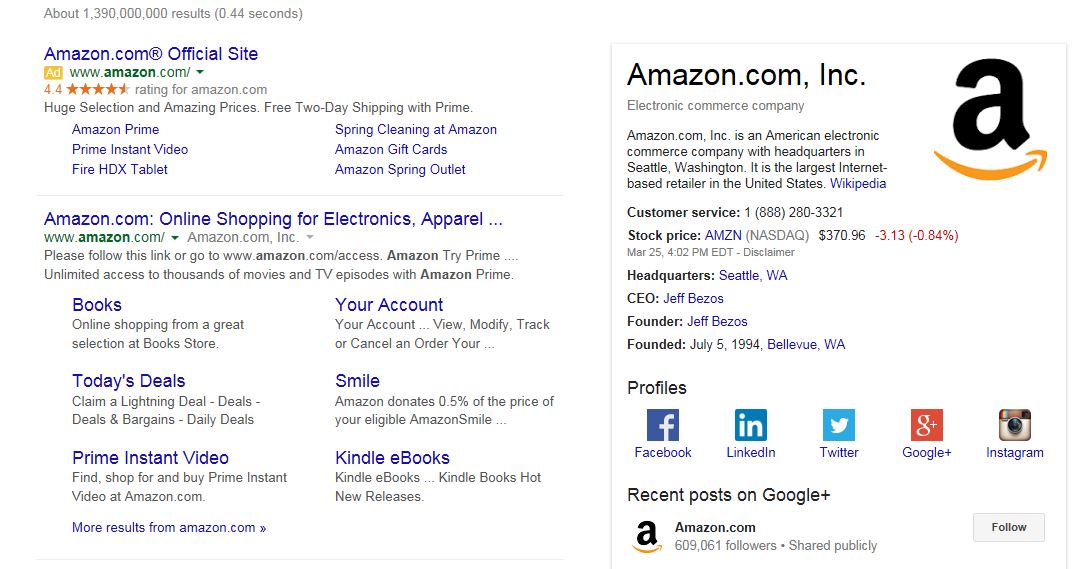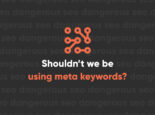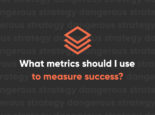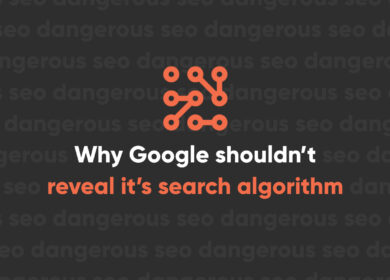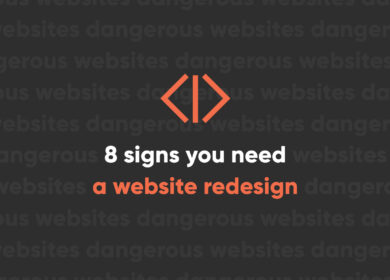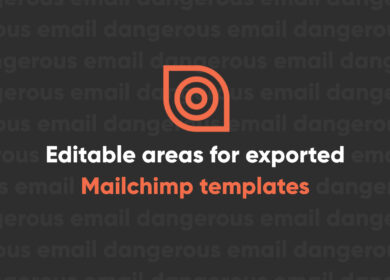
Why Should I Bid On My Brand Name? – Internet Marketing Mysteries
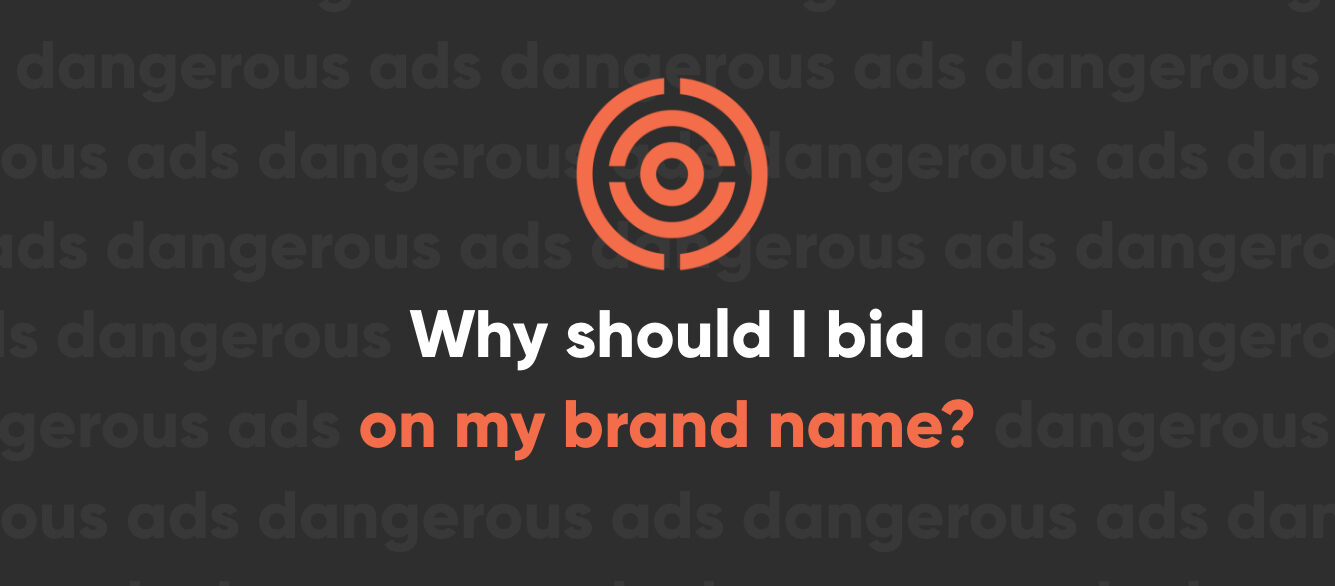
No matter what type of business you have, there’s a good chance that a large chunk of your customers find your website through branded search. This a good thing. It means people know your brand—and they’re actually interested in it.
If someone’s searching for your brand name, they’re pretty much guaranteed to convert, right? Well, not exactly. This is the type of wrong thinking that leads businesses to make misguided decisions about digital marketing campaigns. Sure, these searchers are much more likely to convert, but that’s only true if they find you .
Business owners—whether they’re starting digital advertising for the first time or they’re seasoned AdWords veterans—are often confused or even upset when they hear they need to bid on their brand name. Why should I pay for someone to click on our name? We’re ranking number one organically for that. Customers will click on us even if we don’t have an ad.
Of course they will. Except for all the ones that don’t.
Brands Need to Dominate Branded Search
When it comes to branded search, you have to make sure you are the winner. Search for just about any big brand on Google. The top result, almost without fail, is a branded ad. Look at what a search for Amazon produces:
Well, that’s a whole lot of Amazon, isn’t it? Now, ask yourself this: what are you going to click? Your choices are Amazon, Amazon, or Amazon. Seems like the choice is pretty clear. But which Amazon are you going to click on? That’s the big question, right?
Not to Amazon. They care about one thing: that you click through to their site and make a purchase. Whether it costs them a few cents for the click or not, they want your business. And they know that not having that ad might lead you somewhere else. Why give your potential customers the option to click on someone else when they’re searching for you?
You may be thinking that Amazon has the budget to get away with this and you don’t. But here’s the thing: if you’re not going to bid on your brand name, your competitors probably will. In fact, they probably already are.
Competitors Are Bidding on Your Brand
Businesses bid on competitor brand names all the time. No, it’s not illegal. As long as the campaign is within Google’s Trademark Advertising Policies, anything goes. Of course, if you are also bidding on your own brand (like you should be), those sneaky competitors aren’t going to show up ahead of you (unless you’re doing something really wrong with your ads or your website). Now, shut off your branded campaign and watch what happens. They move to the top for your brand and you have to settle for just top organic position. Do you really think you’re going to keep all those clicks?
To make matters worse, if you aren’t bidding on your brand, you might not show up at all when people are trying to search for you. What happens when someone misspells your brand name in a search? In some cases, your organic listing doesn’t even appear—but your competitor’s ad still does. If you aren’t in the search results, there’s no chance of those customers finding you. That means more business lost for you—and more business gained for your competitors. Even if your competitors aren’t bidding on these terms, you’re not going to get the business because you’re nowhere to be seen. Don’t expect your customers to search again. Make sure you get them the first time.
Your competitors don’t even necessarily have to be bidding on your exact brand name for this to happen. Let’s imagine for a moment that you own a dental practice. Your business name is Minnesota Dental Dudes. If someone searches for Minnesota Dental Dudes, they’re probably looking for you. Maybe they want to make an appointment, or maybe they just saw your billboard or heard your radio commercial and want to check you out.
But what if they search for Minnesota Dental Dudes and you aren’t there on top with an ad? Well, there’s a good chance that click is going to go somewhere else. Look, it just so happens that the Minnesota Dental Dames are bidding on searches related to "Minnesota Dental." And look at that! They’re right on top of the search results for your brand with their pretty little ad. There’s a good chance they’re going to get the click instead of you. That’s a lost patient—and who knows how many referrals—all because you wanted to save a few cents by not bidding on your brand. And you were so close to the conversion.
Get More (And Cheaper) Conversions by Bidding on Your Brand
Branded clicks are the cheapest, by far. They are a huge part of every successful AdWords campaign. No one else should be able to come close in terms of quality score, so you’re going to be paying a minimal amount for these clicks. Branded clicks also convert at the highest rate.
Refusing to bid on your brand name won’t lead to a big increase in organic conversions. Any organic growth you do see may be negligible, and it may not be conversion-driven. When ads disappear from search results, those clicks often don’t go organic. If you have the top organic result and decide to turn off your ad, you will lose at least 50% of your clicks to a competitor. That’s a lot of potential conversions.
Bidding on your brand name isn’t throwing money away. It’s actually a very smart move. In fact, it’s the best way to make sure you’re on top every time. Think of bidding on branded terms as dominating the search results. And when it comes to a brand search, you better be #1.
If you want to get the most out of your digital advertising, you have to bid on your brand. Otherwise, your competition is going to walk all over you.
This post is part of Internet Marketing Mysteries, a weekly column addressing actual client questions related to SEO, analytics, website best practices, and any other topic connected to internet marketing. Have a question you’d like to see tackled in a future post? Let us know in the comments.

Nate Tower
Nate Tower is the President of Perrill and has over 12 years of marketing and sales experience. During his career in digital marketing, Nate has demonstrated exceptional skills in strategic planning, creative ideation and execution. Nate's academic background includes a B.A. with a double major in English Language and Literature, Secondary Education, and a minor in Creative Writing from Washington University. He further expanded his expertise by completing the MBA Essentials program at Carlson Executive Education, University of Minnesota.
Nate holds multiple certifications from HubSpot and Google including Sales Hub Enterprise Implementation, Google Analytics for Power Users and Google Analytics 4. His unique blend of creative and analytical skills positions him as a leader in both the marketing and creative worlds. This, coupled with his passion for learning and educating, lends him the ability to make the complex accessible and the perplexing clear.
